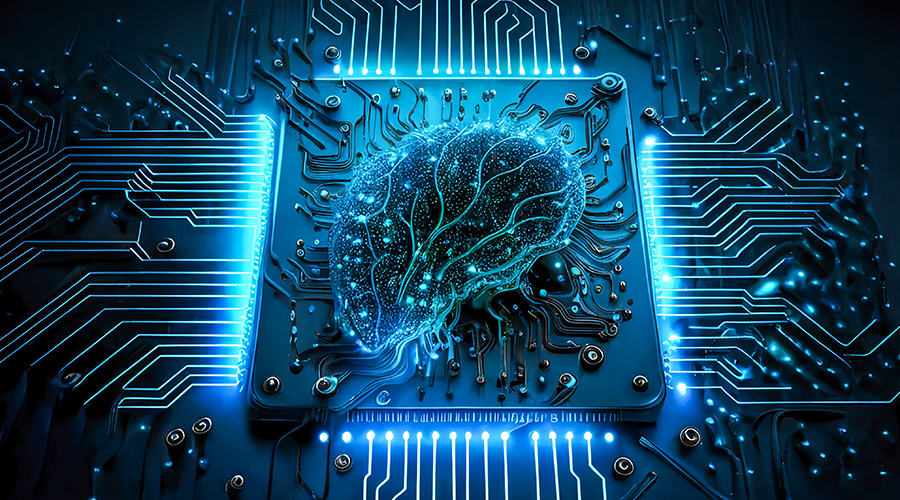In recent years, Artificial Intelligence (AI) has become an integral part of various industries, revolutionizing processes and enhancing functionality across the board. One area where AI is making significant strides is in the functionality of generators. From optimizing energy production to predictive maintenance, AI technologies are paving the way for more efficient and reliable power generation systems.
The Role of AI in Energy Optimization
AI algorithms are being increasingly used to optimize energy output from generators. By analyzing vast amounts of data, such as energy demand patterns, weather forecasts, and historical performance metrics, AI can dynamically adjust the output to meet current needs while minimizing waste. This not only improves efficiency but also reduces operational costs.
For example, in renewable energy sectors like solar or wind, AI can predict periods of high and low production and adjust energy storage and distribution accordingly. This kind of intelligent management ensures that energy is used most effectively, reducing the reliance on non-renewable sources and promoting sustainability.
Predictive Maintenance and AI
One of the biggest challenges in generator functionality is maintenance. Traditional maintenance schedules are often based on fixed intervals or reactive responses to breakdowns. However, AI introduces the possibility of predictive maintenance, where potential issues are identified and addressed before they lead to failures.
Through machine learning models, AI systems can monitor the generator’s performance in real-time, detecting anomalies that may indicate wear and tear or impending malfunctions. By predicting when components are likely to fail, AI allows for timely interventions that can prevent costly downtime and extend the lifespan of the equipment.
Integration of AI with IoT
The integration of AI with the Internet of Things (IoT) further enhances generator functionality. Smart sensors and connected devices can collect data from various parts of the generator and its environment. AI can then analyze this data to provide insights into optimal performance conditions and suggest adjustments.
For instance, AI can regulate the generator’s operations based on real-time environmental conditions, such as temperature and humidity, to ensure efficient functioning. This level of precision control helps maintain optimal performance and reduces the risk of overheating or underperformance.
Challenges and Future Prospects
While the benefits of AI in improving generator functionality are evident, there are challenges to consider. Data security and privacy concerns, the need for substantial initial investments, and the requirement for skilled personnel to manage AI systems are some of the hurdles that need to be addressed.
Despite these challenges, the future of AI in generator functionality is promising. As AI technologies continue to evolve, we can expect even more innovative solutions that will further enhance efficiency, reliability, and sustainability in power generation.
In conclusion, leveraging AI for improved generator functionality is transforming the energy sector. By optimizing energy output, predicting maintenance needs, and integrating with IoT, AI is setting new standards for efficiency and reliability. As we continue to advance in AI capabilities, the potential for further enhancements in this field remains vast.
Resource for Enthusiasts
For those interested in exploring the wonders of technology and the universe, you can check out Telescopes and binoculars buy for high-quality equipment to observe and learn more about the world around us.

